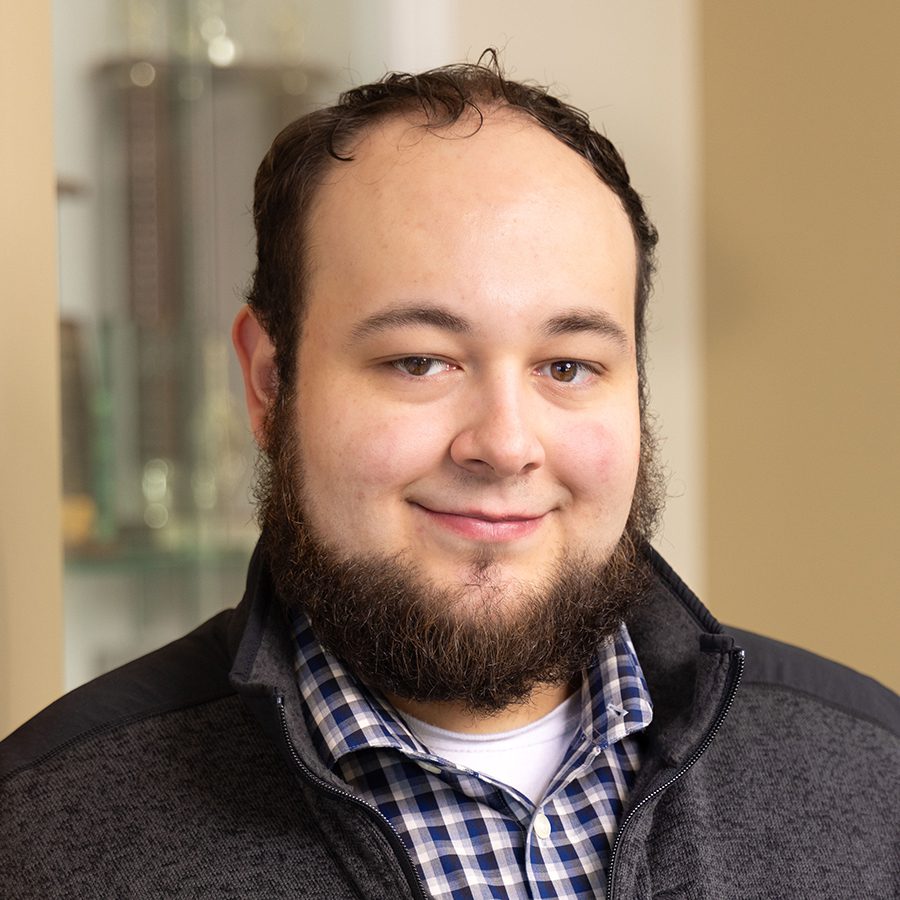M.S. in Electrical Engineering Degree Requirements
The M.S. in Electrical Engineering degree requires the successful completion of 30 approved graduate credits. No more than 6 credit hours may be from courses outside of the Electrical and Computer Engineering Department, unless approved by the student’s graduate advisor. Both thesis and non-thesis options are available.
Thesis Option
The thesis option provides the students the opportunity to work on a research project that culminates in the publication of a thesis. Students under the thesis option earn 9 credits from thesis and 21 credits from graduate courses.
Non-Thesis Option
Non-thesis option: The non-thesis option enables students to focus more on course work than research. There are two ways by which a non-thesis MSCPE and MSEE degrees may be earned:
- Non-thesis project option: This requires the completion of a 3 credit individual research project and taking 27 credits of graduate level courses.
- Non-thesis exam option: This requires the completion of 30 credits of graduate level courses along with satisfactory performance in a comprehensive final examination.
The 30 credit hours must be completed in accordance with three criteria:
- Technical Area of Focus Requirement
Select three courses from a single technical area of focus. There are seven technical areas of focus:- Communications and networking
- Signal and Image Processing
- Controls and Robotics
- Electromagnetics, Antennas, and RF
- Electronic Devices and Systems
- Power Systems
- Power Electronics and Machines
- Breadth of Knowledge Requirement
Select courses from at least two technical areas other than the chosen technical area of focus. Advanced Knowledge Requirement
At least 12 credit hours must be taken at the 6000-level or above.
The faculty contact assigned at the time of admission serves as the advisor for the first two semesters or until a permanent advisor is formally selected by the student at the time of submitting the Plan of Study.
Further details on the degree requirements are available in the University Catalog at:

Adam Hudson
M.S. in Electrical Engineering with a focus in Controls and Robotics
“The best part of my academic journey has been discovering how much I love bridging the gap between theory and practice. There was a defining moment during a project when I saw firsthand how control theory could be used to optimize a robotic system in a real-world setting. It was a turning point for me—realizing the power of control systems and their potential to create tangible solutions made me even more passionate about applying theoretical concepts to practical challenges. That experience will stay with me long after graduation.”